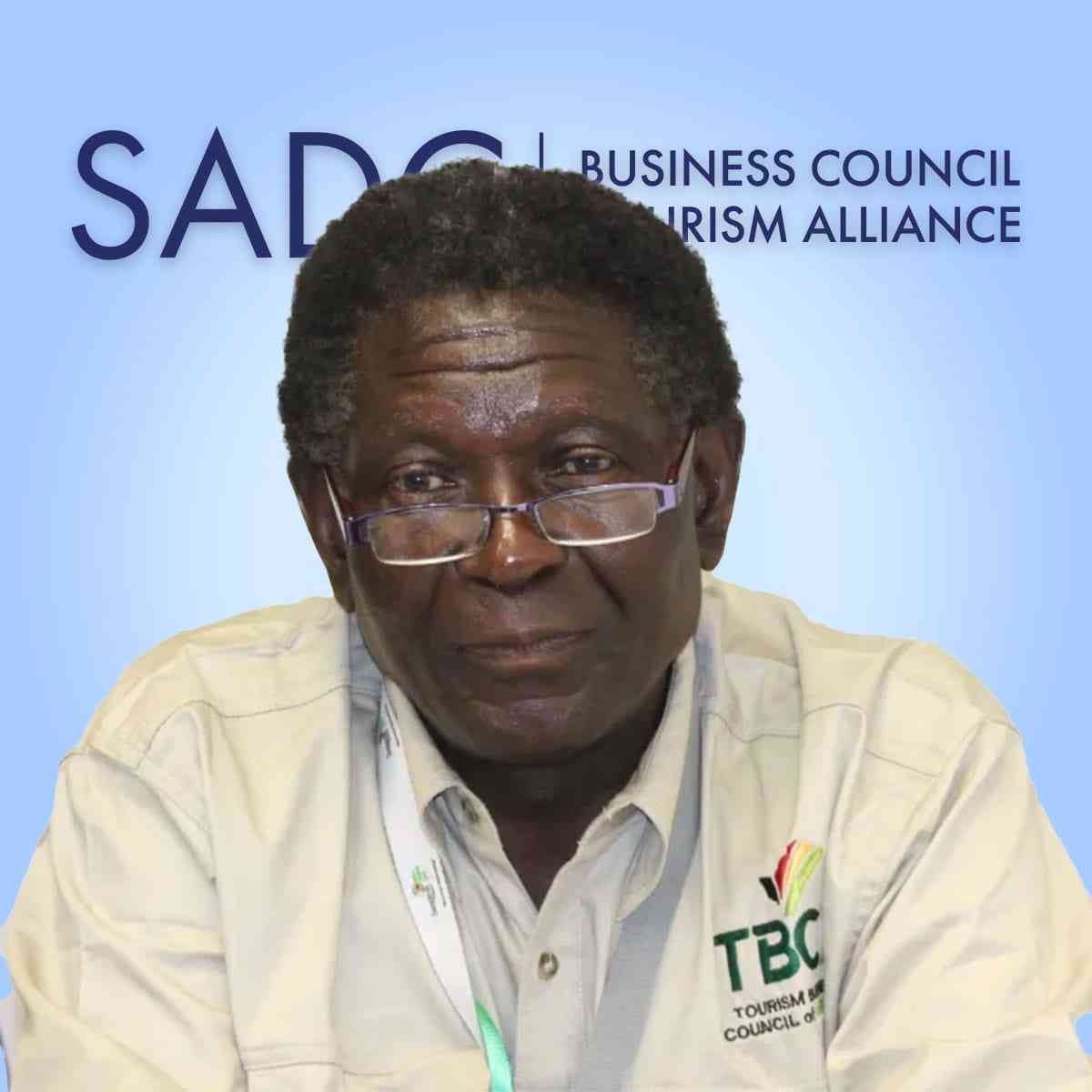
As part of forced or voluntary leadership renewal, changes in the occupants of C-Suites and boardrooms of financial institutions are inevitable. Predictably, this turnover of executives will increase during the turbulent economic times, such as Zimbabwe is going through now, since leaders are ultimately accountable for the performance of organisations.
Financial Sector Spotlight: OMEN MUZA
This instalment reviews developments in the C-suite during the second quarter of the year (Q2 2017), which saw the appointment of a new deputy governor at the Reserve Bank of Zimbabwe (RBZ) and the appointment of new board chairpersons for two of the country’s biggest banks, both of which are foreign-owned.
During the month, the Bankers Association of Zimbabwe presidium was also retained for a further one year, while the World Bank appointed a new country manager as former RBZ governor Gideon Gono bounced back into the limelight as Chairperson of the Special Economic Zones Authority.
April 2017

President Robert Mugabe appointed economist, Jesimen Tarisai Chipika as deputy governor of the RBZ with effect from April 1, 2017 for a period of five years. She replaced Charity Dhliwayo whose second and final term expired on March 31, 2017.
A former technical advisor in the Finance ministry, Chipika holds a Bachelor of Science Honours; Master of Science and Doctor of Philosophy in Economics degrees from the University of Zimbabwe where she also had a stint as an economics lecturer from 1985 to 1998. She was previously a member of the RBZ Monetary Policy Committee from 2013 to 2015.
Standard Chartered Bank Zimbabwe limited announced a significant change in its board composition, which saw former BAT chief executive officer, Lovemore Tavaziya Manatsa replacing Samuel Vengai Rushwaya, who retired as board chairman at the end of March alongside Independent non-executive member Ian James Mackenzie. Herbert Mashanyare and Eve Mkondo were also appointed independent non-executive board members with effect from April 3, 2017.
- Chamisa under fire over US$120K donation
- Mavhunga puts DeMbare into Chibuku quarterfinals
- Pension funds bet on Cabora Bassa oilfields
- Councils defy govt fire tender directive
Keep Reading
Charity C Jinya, the managing director of MBCA Bank Limited and Webster Rusere the managing director of FBC Bank Limited, were re-elected as president and vice-president respectively of the Bankers Association of Zimbabwe for a further one-year term at the 24th Annual General Meeting of the association held on April 27, 2017.
May 2017
The corporate intrigue at ZB Financial Holdings (ZBFH) entered gloves-off territory with National Social Security Authority (NSSA) mobilising shareholders to remove banker, Nicholas Vingirai and his nominees from the board at the annual general meeting held on May 12, 2017.
Vingirai was voted out alongside Michael Mahachi, Zororo Muranda, Obey Matizanadzo, Richard Mbaiwa and John Nhavira, while those who were voted into the board were all nominees of NSSA namely Terekuona Bvurere, Olatunde Akerele and Charity Manyeruke.
The trio joined Fanuel Kapanje and Ronald Mutandagayi, the group’s finance director and chief executive officer respectively, on the new board. The election of the new board came at the insistence of NSSA, which had called for the dissolution of the previous board and for the repayment of a dividend made to Vingirai’s Transnational Holdings Limited.
Mugabe Chikore was appointed to the soon-to-be established Empower Bank to be run by the National Indigenisation and Economic Empowerment Board (NIEEB) and expected to be headed by Wellington Zengeza, one of the NIEEB’s general managers. Indigenisation minister Patrick Zhuwao confirmed the appointment of Bona to the board and added that plans to establish Empower Bank were at an advanced stage.
“We have asked a number of people to assist in putting together the necessary paperwork for the establishment of the Empower Bank as part of efforts to promote financial inclusion. Part of the process is to ensure that it is properly licensed by the regulatory authorities and the paperwork has been submitted,” Zhuwao said on May 24, 2017.
He added that Bona, alongside lawyer Rudo Kumirai and William Chaitezvi, had been appointed to the board, not only for their skills, but as part of the ministry’s policy to promote youth.
Steward Bank announced new appointments occasioned by the restructuring of its technology team. The information technology professionals who were expected to lead the bank’s digitalisation process were Arthur Matsaudza (acting chief technology officer), Gedion Moyo (head of digital transformation), Luckson Madziwa (digital products development manager) and James Ritala (IS operations manager).
With Steward Bank being one of the few financial institutions that continued to accept new account applications, some stakeholders argued that the elephant in the room was the bank’s lack of capacity to effectively handle the new levels of business.
June 2017
The World Bank appointed Rosemary Mukami Kariuki, its sector manager for Urban Development and Services in East and Southern Africa, as the new country manager for Zimbabwe with effect from July 2017.
She replaced Jamaican-born Camille Nuamah, whose term ended at the end of June 2017, having been appointed country manager in June 2014.
An urban and regional planner by training, Kariuki has more than 20 years’ experience in the fields of decentralisation, local capacity building, urban or regional development planning, as well as infrastructure and service delivery
Stanbic Bank Zimbabwe announced new board appointments following the retirement of long-serving chairman Sternford Moyo alongside Cathrine Chitiyo, David Ellman-Brown and Emmanuel Jinda. Gregory Sebborn was appointed non-executive Chairman while Nellie Tiyago-Jinjika, Muchakanakirwa Mkanganwi, Valentine Mushayakarara and Kingston Kamba were appointed non-executive directors. The bank also appointed Rhett Groves as the executive director for Corporate and Investment Banking (CIB).
After almost four years “in the wilderness” Gono’s appointment on June 27, 2017 to chair the board of directors of the Special Economic Zones Authority was no doubt a major talking point of the month. Gono’s 10-year term of office as the RBZ governor expired on 30 November 2013 and his earlier attempt to assume public office as a Senator was apparently dealt a fatal blow by party politics.
Omen N. Muza is the founder and editor of the MFSB. You can view his LinkedIn profile at zw.linkedin.com/pub/omen-n-muza/30/641/3b8 or initiate contact on [email protected].











